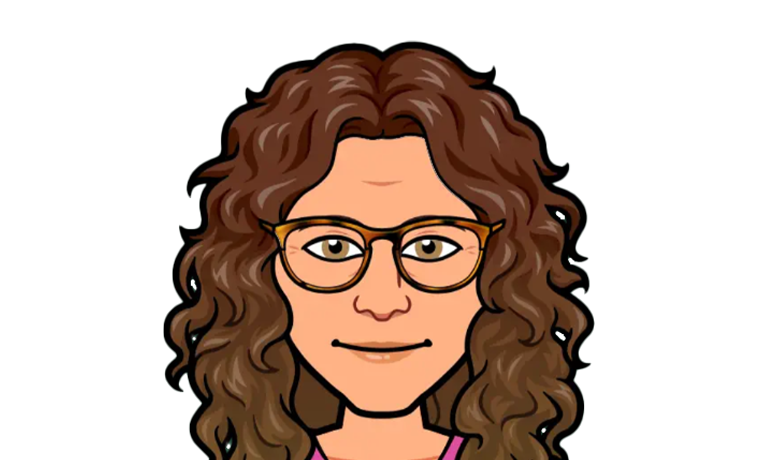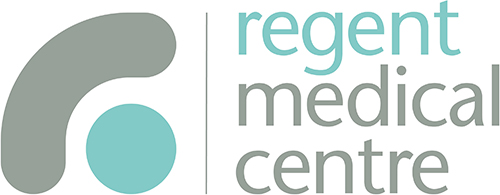Primary Care Networks 3 years in: Growing and adapting to patients’ needs
July marked three years since Primary Care Networks were introduced into the NHS. In that time, our network North Gosforth has gone from strength to strength, growing and adapting to suit the changing needs of our patient population.
Before we introduce you to the team, here is a quick reminder of how PCNs came about, and what exactly there are:
2019 Changes in the NHS
2019 saw two significant changes in the health service with the launch of the NHS long-term plan and the publishing of the revised GP contract.
The NHS designed the plan to combat the increased demand in the health service, low satisfaction, and growing inequality of access in the health service.
The new GP contract added formal collaboration between practices, with additional funding available to those who chose to work together.
In practical terms, by 2023/24 this will mean an increase of £978 million per year to core GP funding and the addition of 20,000 new healthcare professionals.
How PCNs work
PCNs are groups of GP practices, usually sharing a geographic area or with a previously existing collaborative relationship. Typically, each PCN will cover around 30,000 to 50,000 patients registered with the practices within the network.
In our network, North Gosforth, we have five member practices – Brunton Park, Regent Medical Centre, Park Medical Group, Gosforth Memorial Medical Centre and Broadway Medical Centre.
Each network is run by a Clinical Director – usually a GP from one of the practices – and a board with representatives of each GP surgery. Together they decide how to use the funding given to the network.
Our Clinical Director is Dr Sarah Rae, GP Partner at Brunton Park.
This autonomy is central to how PCNs can locally improve health inequalities and outcomes in their areas. Networks have the freedom to recruit specialist staff to offer specific services from which their patients would most benefit.
The needs of patients in Gosforth or Jesmond will be different from those of patients in other parts of Newcastle or other cities or regions. The PCN model gives networks the freedom to focus on the staff and services that will significantly improve the health of their patient population.
Our Team
Our team of specialists has grown considerably, as we have introduced new teams and expanded our existing ones. Each team and staff member offers new, expert services that are accessible to all patients at GP practices in North Gosforth.
Clinical Pharmacists Ashling, Amina and Suzanne, and Pharmacy Technicians Chris and Niamah make up our Pharmacy team, who work with patients to get the best out of their medication. Patients might come across one of the team when their medication review is due or if they have questions about their repeat prescriptions.












Our Social Prescribing team has grown with new specialities all aimed at tackling non-medical issues that impact their general health and wellbeing. Claire is our Mental Health Social Prescriber, working with people aged 16 to 30. Jon offers counselling and mental health support from age 30 to 64, and Libby and Louise are there for people aged 65 and above.
We have a Care Coordinator, Sarah, who works with the social prescribing team, and with Sophie, our Nurse Associate to support the holistic needs of patients.
Our newest team work to provide same-day and urgent access to people who may not be able to travel to their nearest GP practice. The team comprises Advanced Nurse Practitioner Louise, and Advanced Paramedic Practitioners Susannah and Fran.
How PCNs help patients and GP practices
The NHS saw year-on-year increases in demand for nearly a decade, even before the covid-19 pandemic began.
We have a growing, ageing population with more people living with long-term conditions that require treatment and management from the NHS. Cuts to public health and social care have added to that pressure, resulting in declining satisfaction with the health service.
Simply put, more people have needed help, and there have been fewer available resources at GP practices’ disposal to help them.
PCNs bring two clear benefits that help with this problem.
Firstly, as mentioned above, there are now extra specialists working with the practices bringing services that patients can access through the familiar setting of their local GP.
Secondly, new roles have been created to make accessing community organisations, charities, and other sources of support easier for patients. Social Prescribing Link Workers and Care Coordinators play a vital role in integrating the different levels of care and support people need.
A consistent, unified approach to health
This means more services are available for patients, and accessing them will be more joined-up and consistent.
Those services will be locally based, often delivered directly through GP practices, and tailored to the needs of people in the area.
